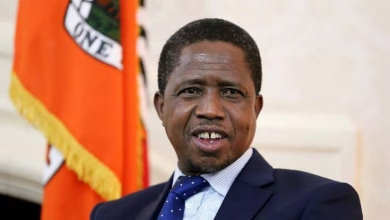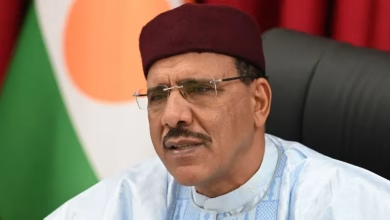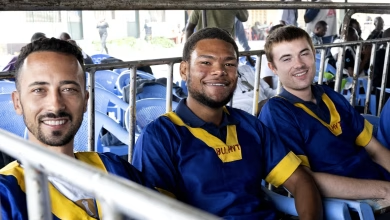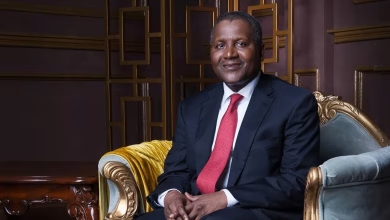Man Found Guilty of Insulting Malawian President on TikTok
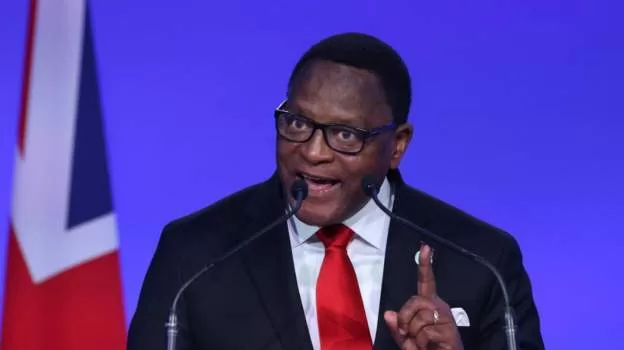
A man has been found guilty of insulting President Lazarus Chakwera through a TikTok video and faces potential fines and imprisonment.
Sainani Nkhoma was convicted on Thursday for sharing the video, which featured an animated figure with Chakwera’s face superimposed, performing comical dance moves, along with offensive remarks about the president in a community WhatsApp group.
Judge Talakwanji Mndala deemed Nkhoma’s actions inappropriate and announced that sentencing is set for next week, with potential penalties including a fine of around $3,500 or a prison term of up to six years.
The incident came to light when members of the WhatsApp group in Mponela, a central town, reported Nkhoma to the ruling Malawi Congress Party, leading to his swift arrest on Tuesday night.
This case highlights ongoing tensions in Malawi between freedom of expression and respect for authority, raising important questions about the limits of digital speech.
In a similar incident in May 2022, free speech advocates condemned the arrest of a nurse for criticizing President Chakwera during a WhatsApp discussion on governance. Chidawawa Mainje was charged with cyber harassment and faced up to five years in prison and a $2,500 fine if convicted.
Deputy spokesperson Harry Namwaza defended the arrest, emphasizing the need for responsibility when exercising freedom of speech. “You can’t enjoy your freedom or your rights while at the same time, you are infringing the rights of others. It doesn’t work like that.”
However, Michael Kayiyatsa, executive director of the Center for Human Rights and Rehabilitation, argued that the arrest was a violation of free expression. “The guy who was arrested was expressing an opinion which was not favorable to the president. But it’s within his right to express such views, and he is protected by Section 35 of our constitution. So, the best that police should have done is simply to provide advice, but this is somebody expressing their views.”
These incidents have drawn international attention and underscore a growing tension in Malawi between governmental authority and individual freedoms.



